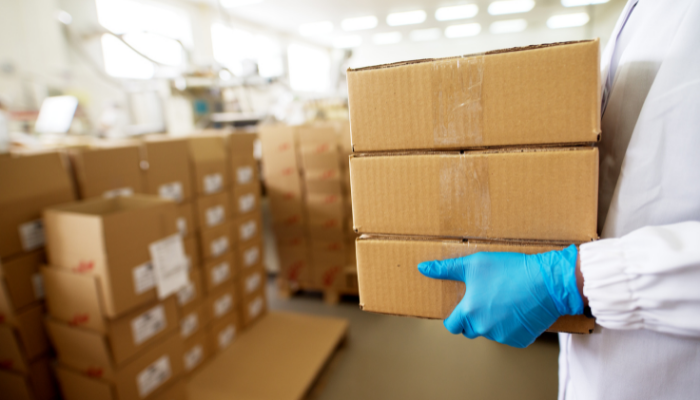The Australian food manufacturing industry is no stranger to product recalls. In early 2022 supermarket giants Woolworths and dairy producers Devondale recalled numerous butter products due to bacterial contamination. Product recalls not only affect big business. In October 2021 the Barossa Fine Food company recorded its second listeria contamination in less than three weeks, with many of the company’s ham and pâté products being recalled.
While only a handful of cases are reported in the media, the number of recalls reported by Food Standards Australia and New Zealand (FSANZ) in the last 12 months is astounding, proving that no matter the business size, product recalls can happen to any company. With the right systems in place, product recalls can be prevented. Here are some tips to minimise the possibility of product recalls in your business.
Ensure traceability in your supply chain
While overall traceability in your supply chain may seem like an obvious point, how well do you know your suppliers? With produce and ingredients coming from various sources to create your final products, you have full confidence in your suppliers, and full disclosure of the origin of the supplies, as well as a timeline from packing through to shipping. By using an Enterprise Resource Planning (ERP) system, you will be able to trace individual ingredients from each supplier, down to the date and time when the products were used.
Implement a quality control system
One of the best ways food manufacturers can ensure that unsafe products are not produced and dispatched is to implement a quality control system. Perhaps you already have a system in place, but it is always a good idea to review or update your procedures. Make sure that you and your staff have a good understanding of the government food standards. Identifying any food safety issue before a product leaves your production warehouse ensures greater control in dealing with the issue before compromising the food supply chain and creating conditions that could lead to a recall.
Make sure your labelling is up to date
Over the last 12 months, the majority of product recalls reported by FSANZ were due to incorrect ingredient labelling, mostly linked to food allergens such as nuts. Keeping up to date with food and safety regulations, in particular when it comes to labelling and barcoding, will save you time and money, as well as keep your reputation intact. In many cases, it’s possible to link your label production to your Enterprise Resource Planning (ERP) system, which can also keep track of production quantities and batch traceability.
Set up a fast recovery plan
In the event of a product recall, responding fast and taking corrective measures ASAP, will minimise any damage to your company’s reputation, as well as get your business back on track sooner. Swiftly getting information out to retailers, to withdraw products will help minimise any impact on your brand. Ensuring transparency throughout the product recall process is important, and by using an integrated ERP system, food manufacturers can successfully manage the entire supply chain that supports their business.
How can Acacia help your business?
By implementing an ERP, the choice of features, customisation and monthly pricing plans make MYOB Advanced the perfect ERP for any food production company. Whether you run a niche business or a large-scale production, a cloud ERP can help you manage the production process, inventory and distribution with an integrated and easy-to-use system that reduces manual processes and increases efficiency.
At Acacia, we are MYOB Advanced Platinum Partners and we’ve helped a range of businesses across Australia, providing them with the most cost-effective solutions, implementing ERPs, CRMs and integrated software solutions. Does your business need help to optimise, automate and improve traceability?
If you are interested in talking through the advantages of moving to a cloud-based ERP, please contact us to find out more.

